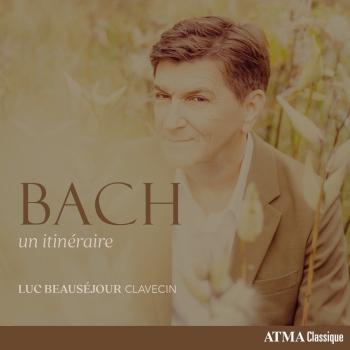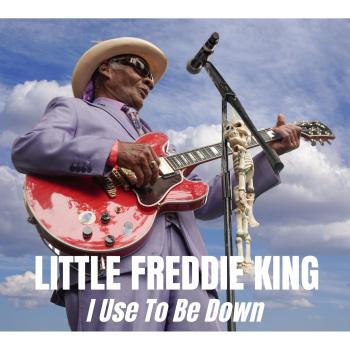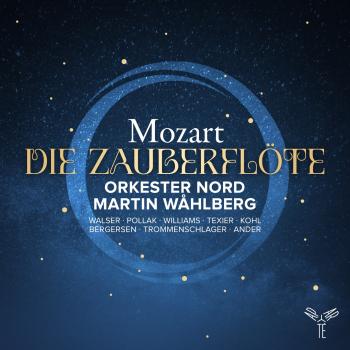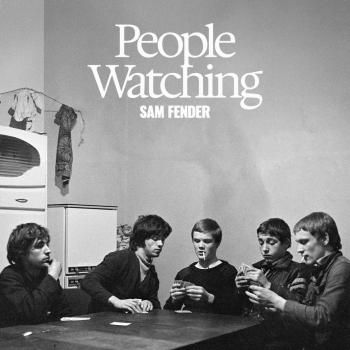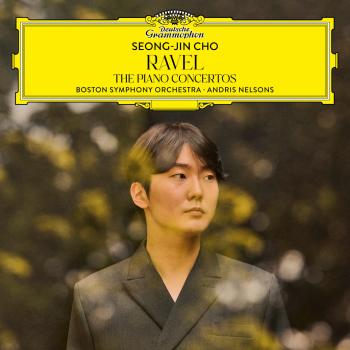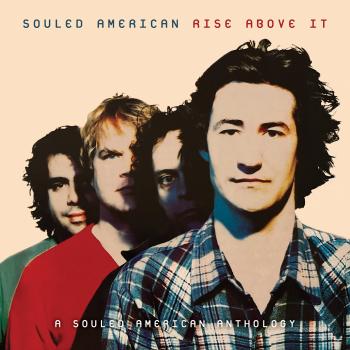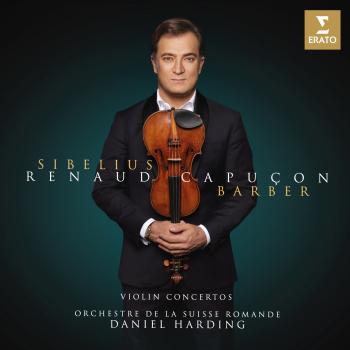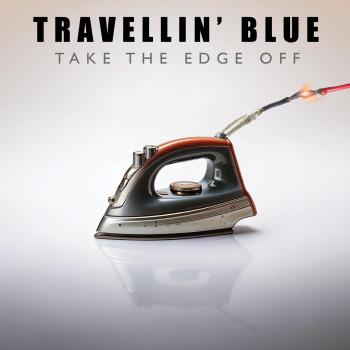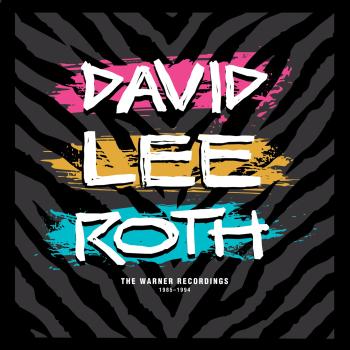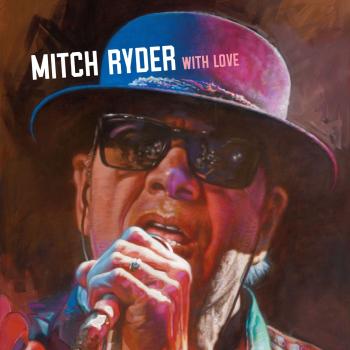Marco Fornaciari & Daniele Roi
Biography Marco Fornaciari & Daniele Roi
Marco Fornaciari
He studied at the 'P. Mascagni' Institute in Livorno with M° C. Chiti, graduating with distinction in M° Corrado Romano's 'Virtuosity' class at the Geneva Conservatory. Winner of the biennial competition in Vittorio Veneto. He performs as a soloist in Italy and abroad. Also active in the field of chamber music, he has collaborated with some of the most important Italian ensembles, playing as a soloist in the main halls and theatres, and recording for numerous European and non-European radio and television stations. Currently, he is the 1st violin soloist of the ensemble 'I Solisti Veneti'.
Marco Fornaciari studied in Livorno with C. Chiti, obtaining a diploma with distinction in Master Corrado Romano's Virtuosity class at Geneve Conservatory. He won the biennale competition of Vittorio Veneto. He plays violin as a soloist in Italy and abroad. Active also in the chambre music field, he has collaborated with some of the most important Italian chamber groups,playing as a soloist in the main concert halls and theatres and recording for many European and overseas television services. At the moment he is the first solo violinist of 'I Solisti Veneti'.
Daniele Roi
studied with Micaela Mingardo Angeleri and later also with Paul Badura-Skoda, Franco Gulli and Enrica Cavallo, Huguette Dreyfus. Active both in Italy and abroad, he has recorded for various radio and television organisations, collaborating among others with Riccardo Chailly, Uto Ughi, Bruno Giuranna, Peter Lukas Graf, Kenneth Gilbert and regularly with Alain Marion and Jean Pierre Rampai. He also works as a harpsichordist with various chamber orchestras giving concerts in Europe, South America, Australia, and making recordings including instrumental and operatic music. Also of note was his participation in Vivaldi's opera 'Orlando Furioso' at the Theatre du Chatelet in Paris in 1981 with Marilyn Horne. Daniele Roi was born in Padua, where he holds the chair of principal piano.
Daniele Roi studied with Micaela Mingardo Angeleri and then with Paul Badura Skoda, Franco Gulli and Enrica Cayallo, Huguette Dreyfus. His musical activity has developed as soloist, with orchestras and above allin the field of chamber music, playing for national and foreign radio-television corporations and collaborating also with Riccardo Chailly, Uto Ughi, Bruno Giuranna, Peter Lukas Graf, Kenneth Gilbert, Alain Marion, Jean Pierre Rampal. He also has activity as harpsichordist in many chamber orchestras with concerts in Europe, south America and Australia, and recordings about instrumental and vocal music. He has been the harpsichordist in the opera by Vivaldi 'Orlando Furioso' in Paris, at the Theatre du Chatelet with Marilyn Horne. Daniele Roi was born in Padua where he teaches piano.
Antonio Bazzini
was born in Brescia in 1818 and died inMilan in 1897. He was a violinist also admired by Paganini, Schumann and Mendelssohn and lived abroad for a long time, especially in Germany and Paris. Back in Italy, he dedicated himself to composition and also worked on the revival of instrumental music. He taught at the Milan Conservatory and also became its director in 1882, where he had Catalani and Puccini among his pupils. He composed the opera Turanda, symphonic and symphonic-choral music, chamber music (including 6 quartets and 1 quintet), music for violin (4 concertos including the Concerto militare, and many virtuosic pieces, including the famous 'Ridda dei folletti'), opera and romance. The three pieces in the form of sonata op. 44 for violin and piano presented here, stand out in the scarce panorama of 19th century Italian sonatas for violin and piano as one of the most interesting, despite the fact that it is almost ignored by performers, perhaps due to the considerable commitment required of the violinist, in contrast to the quiet participation of the piano, left by the composer - already a distinguished violinist - to a role that is certainly not equal to that of his partner, almost a harmonic or rhythmic support. If within the composition echoes moments that may bring the memory closer to other composers, both Italian opera composers and symphonists of the Central European area, one cannot deny a remarkable effectiveness and skill in the delivery of his ideas, which far beyond the merits of the manner composer, obtains results of great artistic refinement, see the 2nd theme of the 1st movement, and the very sweet Romanza, thanks to a remarkable harmonic richness that keeps the discourse at a constant listening interest, in contrast to the remarkable virtuosic surges, by virtue of which, the 3rd movement above all takes us back with the imagination to a lost time in which the violinist who, as we have seen, was a composer as well as a virtuoso and committed teacher, did not disdain to access with taste and success the category of the spirit in which the sense of the fantastic and the bizarre is sovereign, in which fantasy seems to have no limits.
Giuseppe Martucci
was born in Capua in 1856 and died in Naples in 1909. He studied in Naples and was a teacher and director of the Conservatory. He was a conductor and pianist appreciated by, among others, Liszt and Rubinstein and worked to spread knowledge of German symphonists and Wagner in Italy, so much so that he conducted Tristan and Isolde for the first time in Bologna. Moreover, the influence of the German romantics and Wagner in particular is evident in all his work. Among his compositions worth mentioning are the oratorio Samuel for solo choir and orchestra (1881), the romantic poem for voice and orchestra 'La canzone dei ricordi' (1886-87), the two symphonies in D minor (1895) and F major (1904), the concerto in B flat minor for piano and orchestra (1885), many piano pieces including the Nocturne from op. 76 and the Novelletta from op. 82, as well as the famous Trantella from op. 44, various chamber compositions, including the Quintet in C for strings and piano. His Sonata for Violin and Piano, Opus 22, which can be heard here recorded, sees the piano writing predominant, both in terms of the complexity of the thematic material and the richness of the writing, and for the meticulous elaboration that the composer, who was, as already mentioned, a great pianist, reserved for his instrument, leaving the elaboration of the violin part relatively in the background. In this must be sought the reason for the total oblivion to which the sonata was destined, not being It pleases many violinists to be no longer a leading player, but 'only' an intelligent musical enhancer. And this is a real pity because, by seeking a sonorous balance of the score, taking care of the more material aspects of performance in terms of sonority, phrasing and thematic impetus, there are many moments of authentic inspiration, prodigal of great satisfaction for the refined musician.

